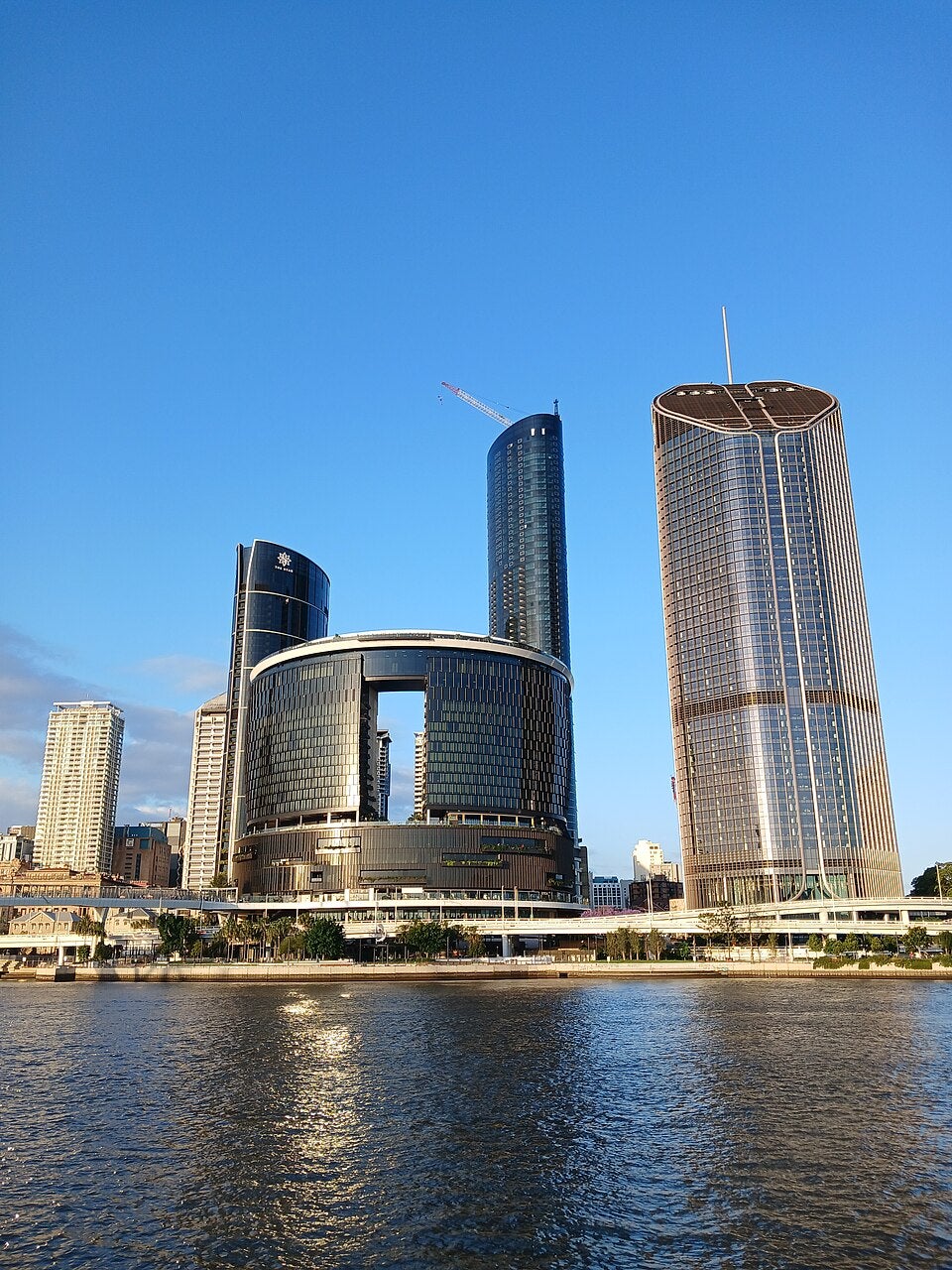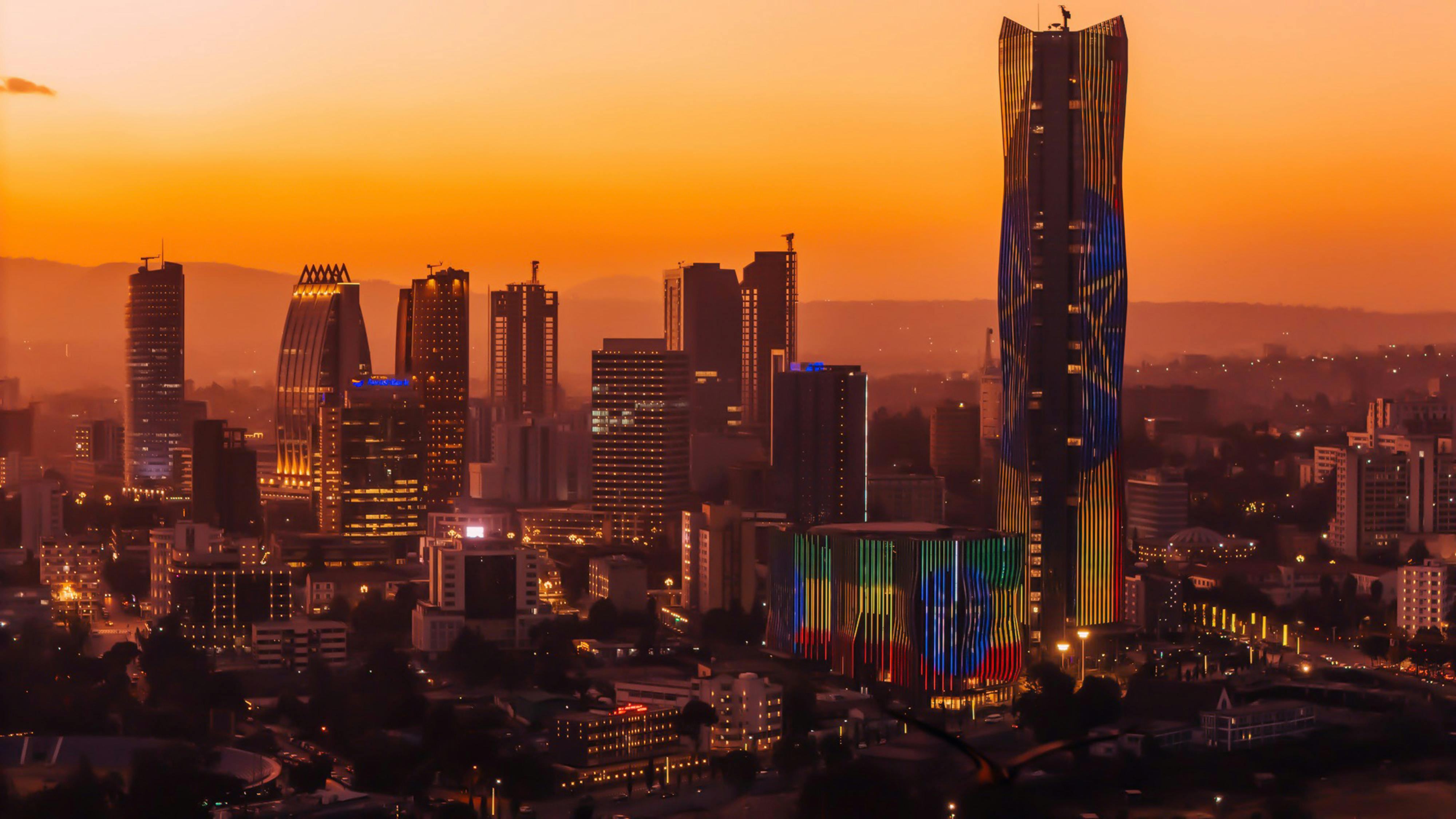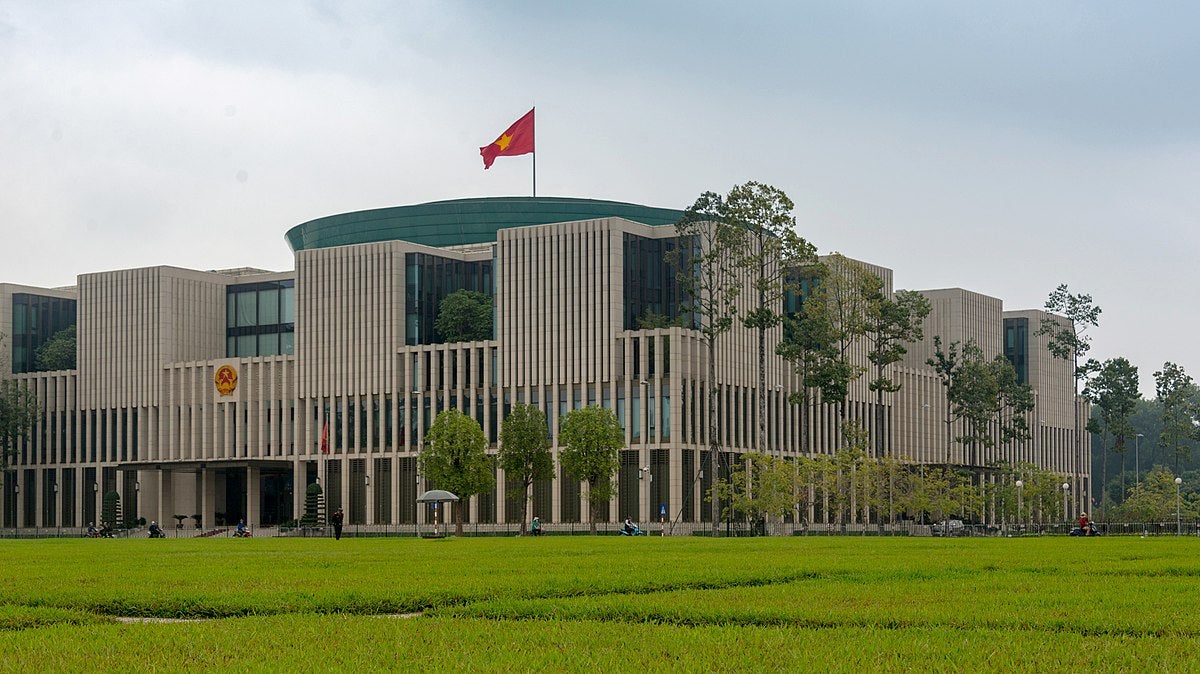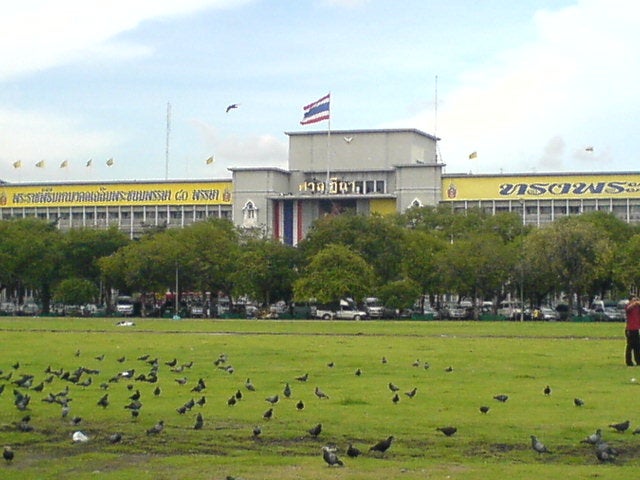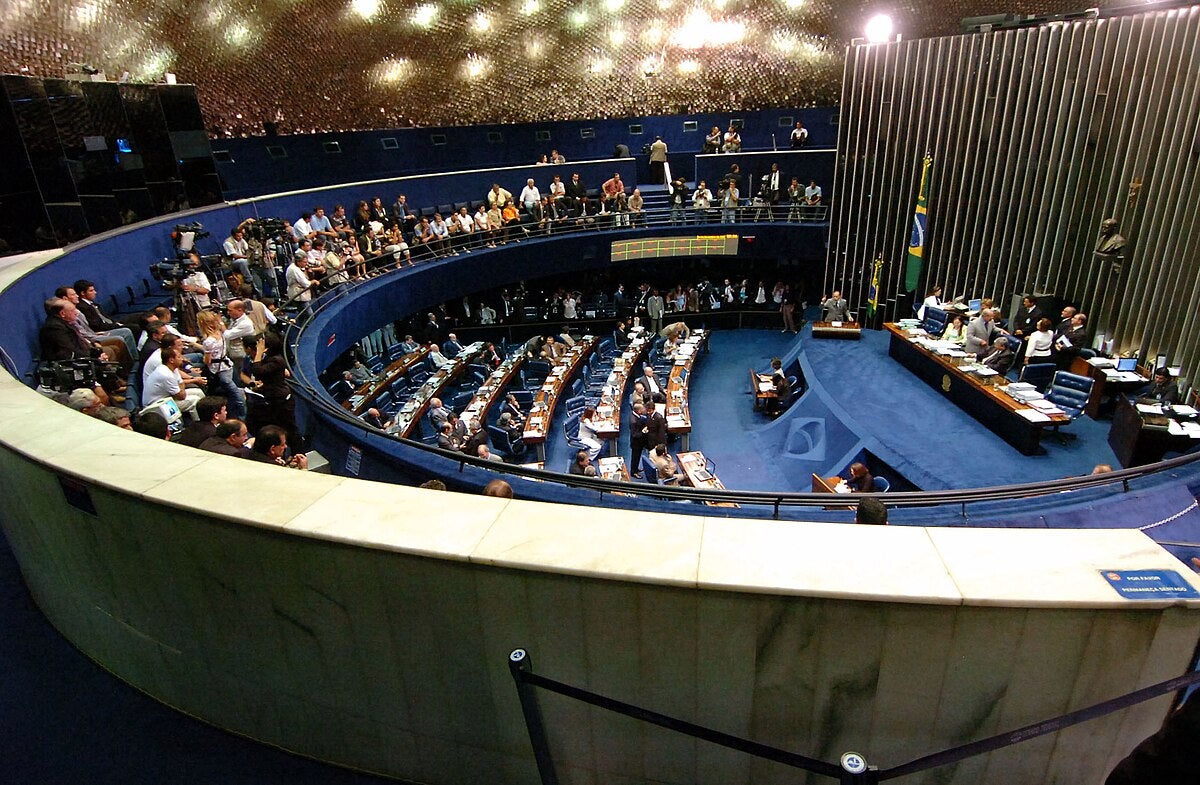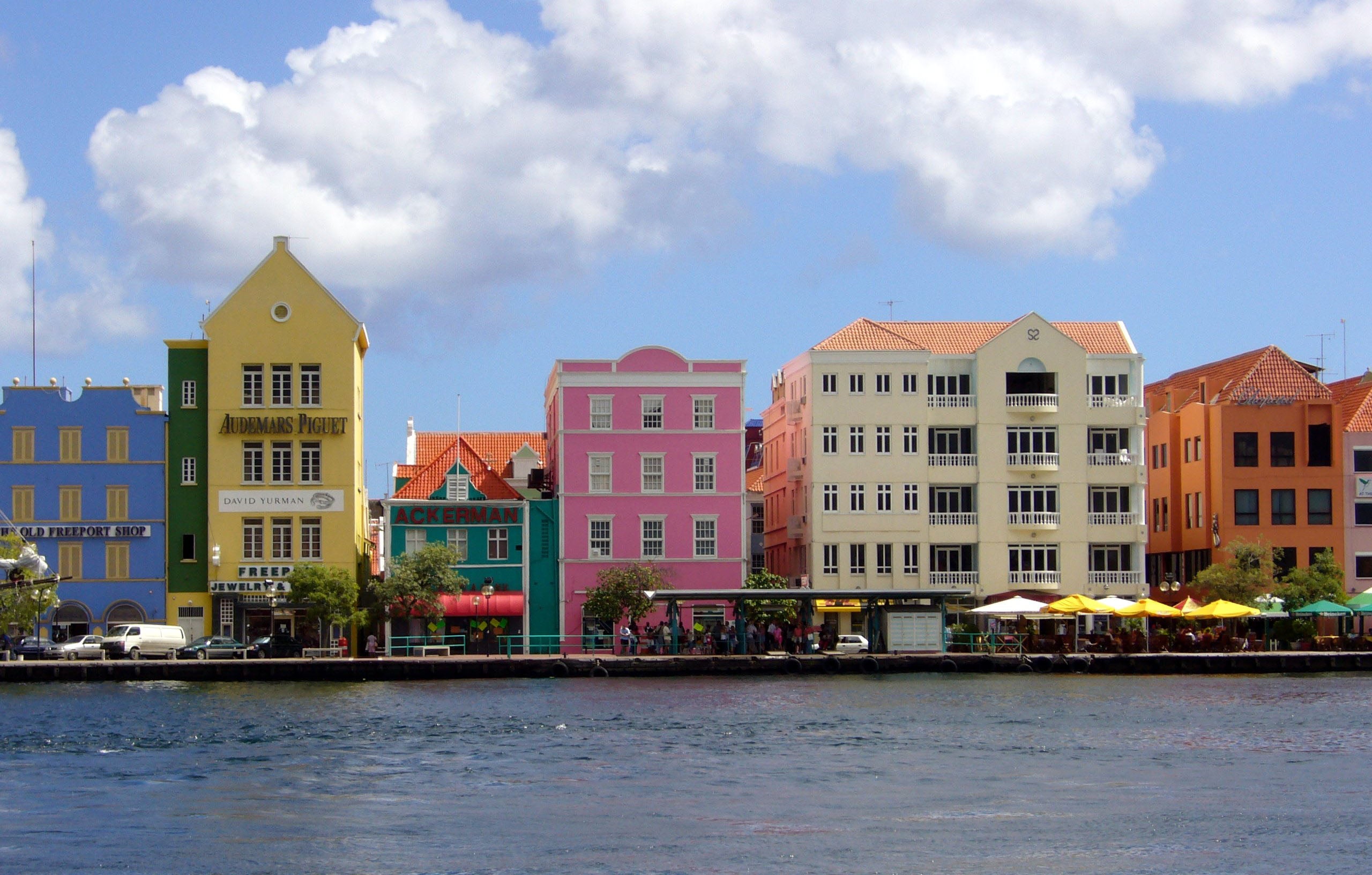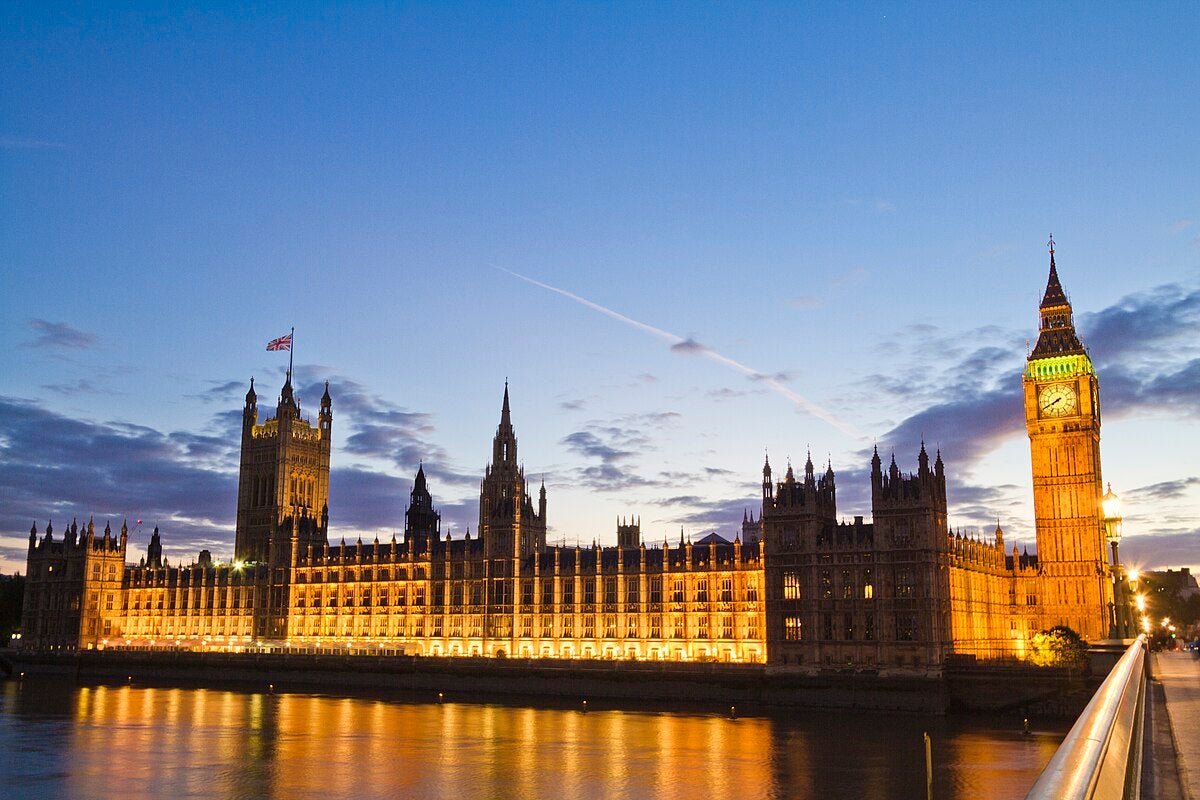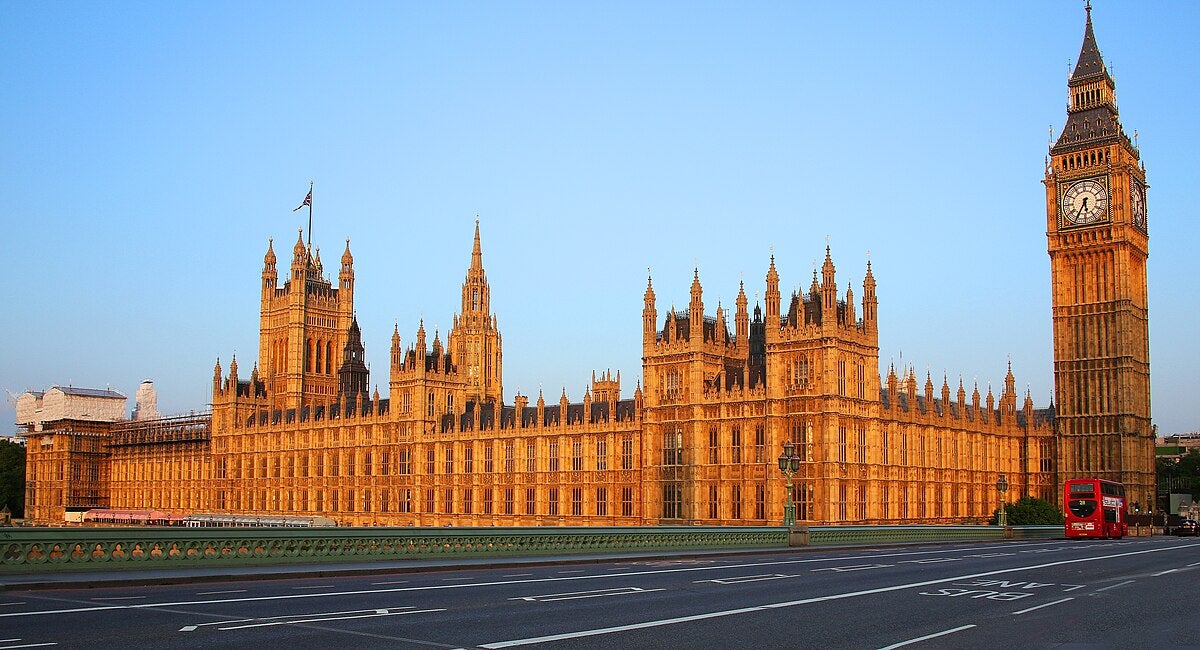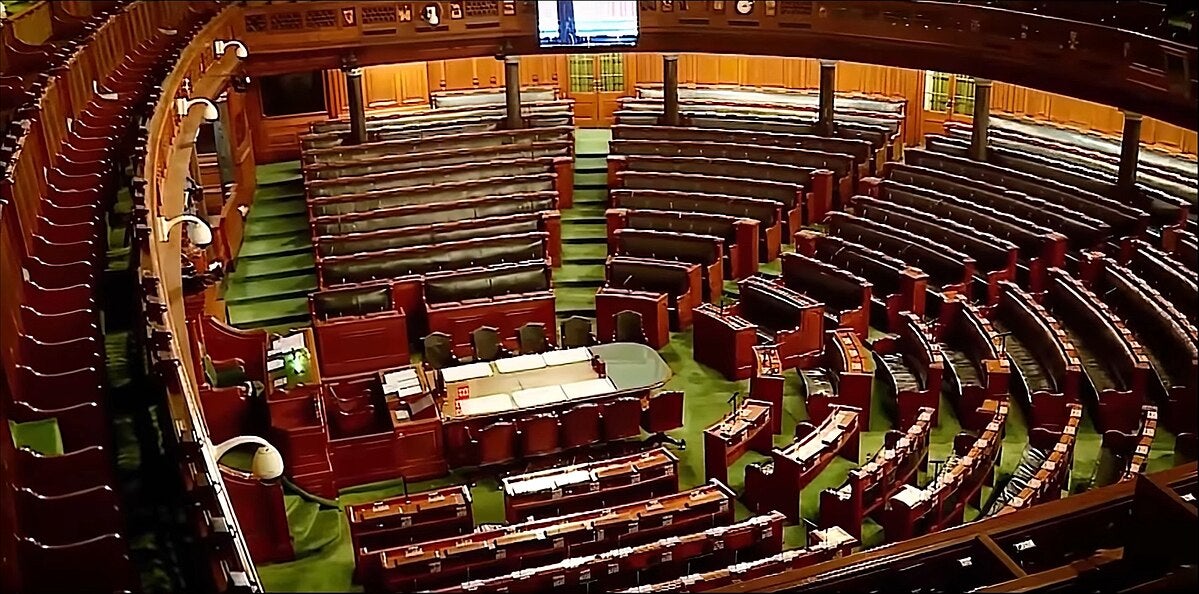Broad Sector Standards
GRA will spearhead Sri Lanka’s tax collection oversight and operation transparency protocols while rooting out illegal operations in digital and physical gaming spaces. The agency’s scope includes enforcing standards that align local casinos with global anti-money laundering standards ahead of its 2026 FATF evaluation.
The regulator will be implemented in multiple phases, with lawmakers currently drafting detailed compliance frameworks. They will define licensing tiers, violation penalties, and consumer safeguards. Security state revenues and mitigating social risks remain the top priorities.
Global Expertise Applied
COPF Chairman Dr. Harsha de Silva confirmed plans to engage international specialists in designing GRA’s structure. Singapore’s proven regulatory framework will serve as the main reference. This collaboration aims to transform the nation’s online gambling sector from a legal gray zone to a compliant industry under centralized oversight.
GRA will prioritize registering undocumented digital platforms, which account for most gaming activity. Analysts note that this structural change could recover millions in untapped revenue, aligning Sri Lanka with global competitors.
Fueling Tourism
Sri Lanka’s economic revival plan links gaming expansion to its goal of deriving 10% of GDP from tourism. It plans to use high-end attractions like Colombo’s $400 million City of Dreams casino resort, which launched in August. Operated by Melco Resorts, the complex targets India’s affluent travelers. CEO Lawrence Ho calls Sri Lanka “India’s Macau,” given its geographic and cultural proximity.
Other financial reforms aligning with GRA’s approval include an increase in gaming tax from 15% to 18%. Citizen entry fees also doubled to $100, which is projected to generate $120 million in revenue. GRA’s oversight mechanics plan to balance tourism-driven growth with responsible standards.


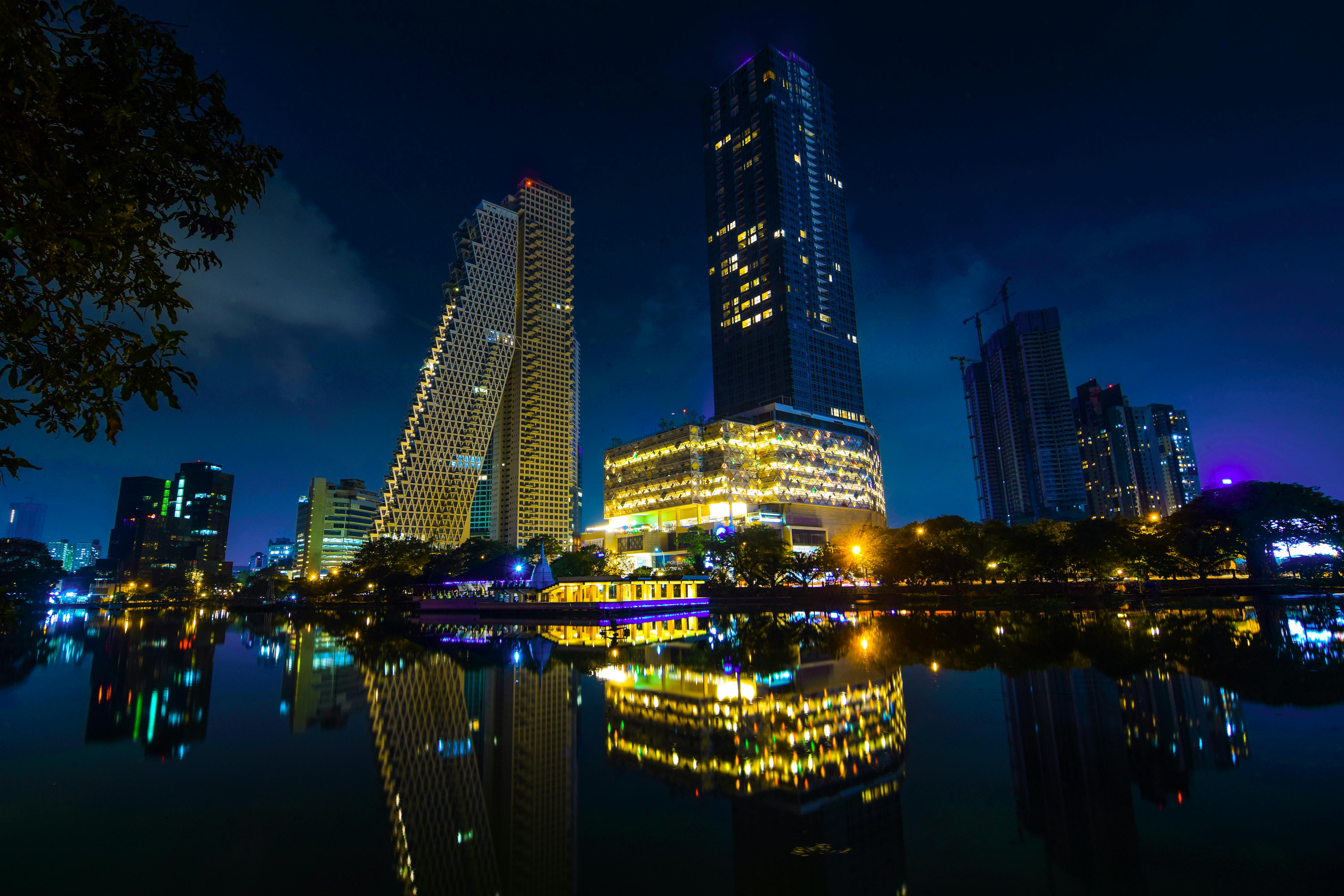


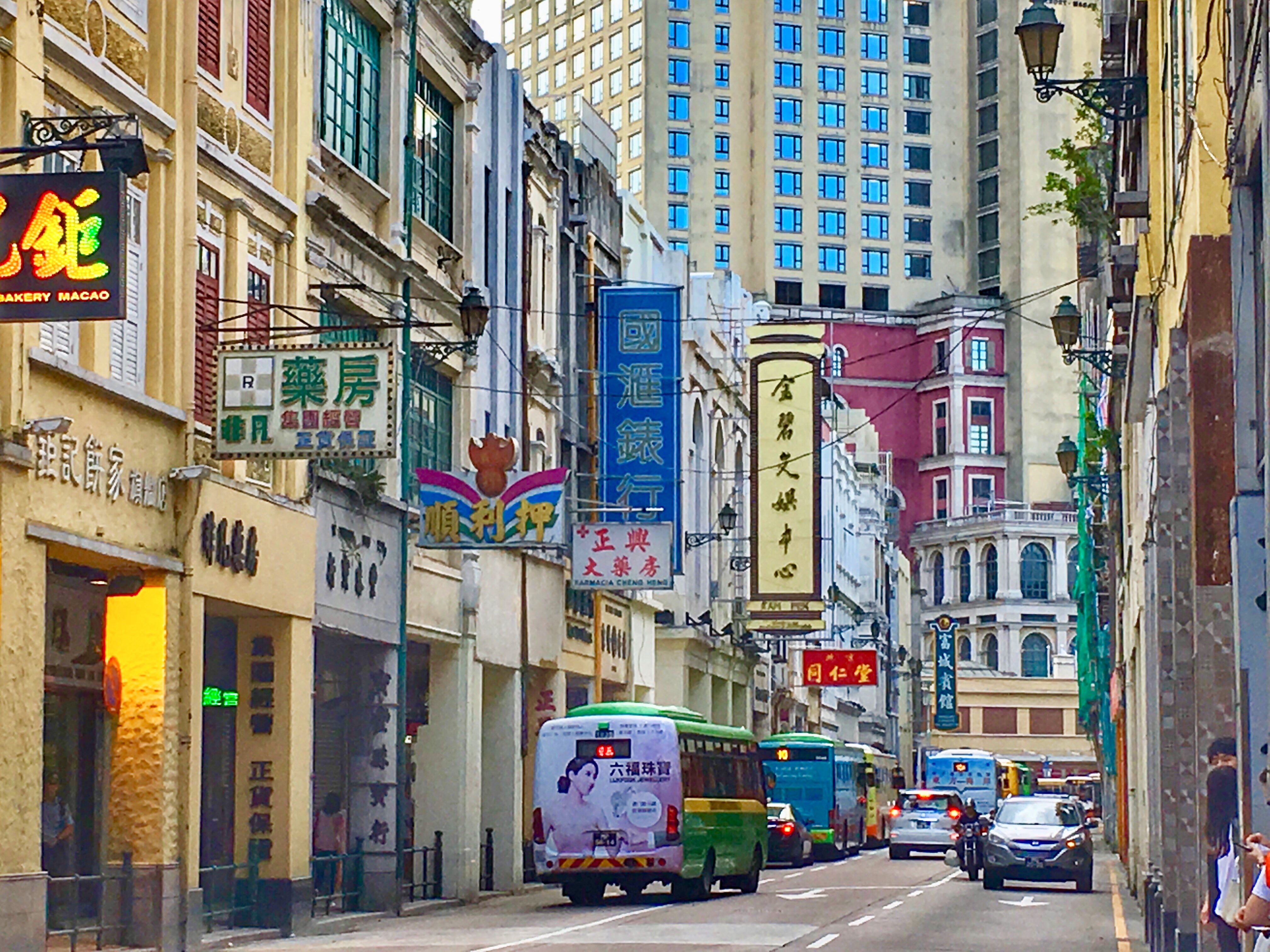





.jpg)


